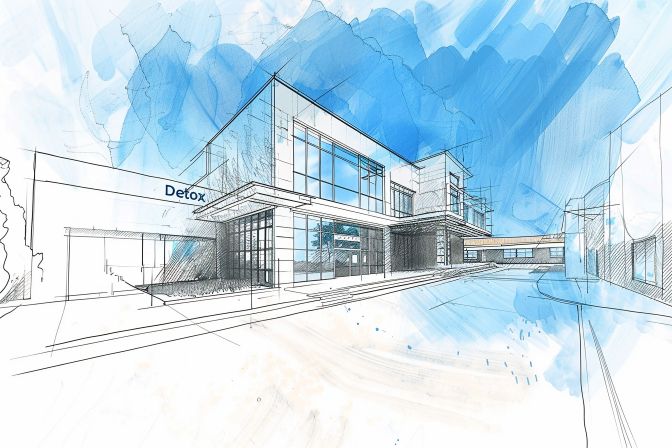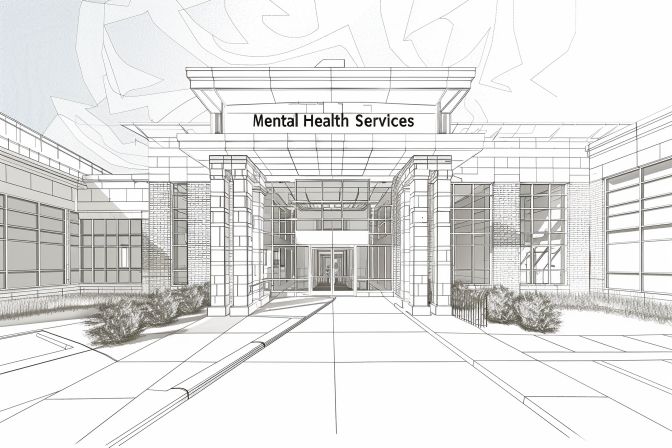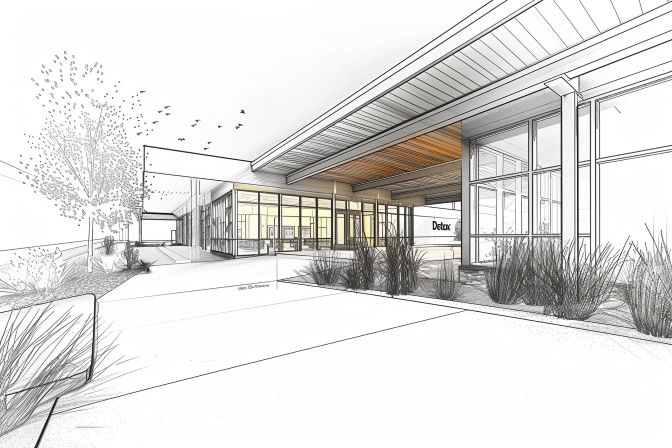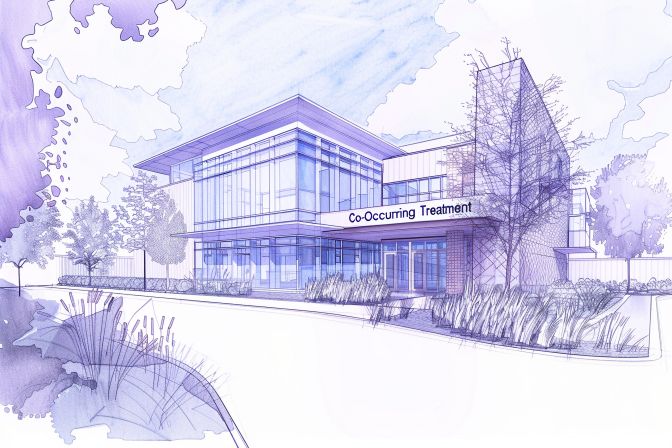Southern Illinois Hospital Service SIHF Healthcare Windsor
100 North 8th Street, Suite 120, East Saint Louis, Saint Clair, IL 62201
Overview of accreditations

Overview of Services
Special Programs/Groups Offered
Clients with HIV or AIDS
Specialization
Substance use treatment, Detoxification, Treatment for co-occurring substance use plus either serious mental health illness in adults/serious emotional disturbance in children
Message facility
Website
Claim your profile to manage this page and enable the messaging form.
Company Information
618-271-7691
100 North 8th Street, Suite 120, East Saint Louis, Saint Clair, IL 62201
Occupancy: Call to confirm availability
Rating
Recovered TrustScore: 5/5
The Recovered Trustscore for Southern Illinois Hospital Service SIHF Healthcare Windsor is based on the total amount of key accreditations (2) & publicly available review data online for this rehab center. A Bayesian average is applied to all rehabs to ensure fair visibility. Read here for more info
Treatment Services
Medications Used
Specializations & Groups
Services
Setting
Payment support
Assessment & Testing
Transitional Services & Aftercare
Medication Assisted Treatment Policy
Therapies and Interventions
At This Facility
Counseling/Education Services
Vaccinations Offered
Smoking/vaping policy
Special Services
Insurance Policy & Other Considerations
FAQs
Common Questions About Southern Illinois Hospital Service SIHF Healthcare Windsor
Where are they located?
What types of treatment do they offer?
Do they treat opioid use disorders?
Do they offer recovery support services?
Do they have detox programs?
What counseling or therapy do they offer?
Get confidential help and information via our helpline
Recovered invites user reviews from former attendees, as well as their own loved ones and staff members, for all facilities listed on our site that they have had personal experience with.
We audit user reviews regularly and any instance of spamming or manipulation will result in content being removed. Only one review is permitted per user. Any reviews considered to be abusive, offensive, or fraudulent will be removed.
Treatment Centers Nearby
Calls to numbers marked with (I) symbols will be answered or returned by one of the treatment providers listed in our Terms and Conditions, each of which is a paid advertiser.
In calling the helpline you agree to our Terms and Conditions. We do not receive any fee or commission dependent upon which treatment or provider a caller chooses.
There is no obligation to enter treatment.
Access State-Specific Provider Directories for detailed information on locating licensed service providers and recovery residences in your area.
For any specific questions please email us at info@recovered.org
Insurance Accepted
This center accepts most forms of health insurance. Contact them to find out more or use our insurance verification to check your coverage.
Insurance Accepted
This center may not accept all forms of insurance. contact them to find out more.
We are awaiting cost confirmation from the center owner.
Medication designed to help with withdrawal symptoms and cravings may be offered as part of an addiction treatment program.
Co-occurring disorder treatment.
The Recovered Trustscore for Southern Illinois Hospital Service SIHF Healthcare Windsor is based on the total amount of key accreditations (2) & publicly available review data online for this rehab center. A Bayesian average is applied to all rehabs to ensure fair visibility. Read here for more info
Accreditation(s) indicate the organization's national, state, or industry recognition for the treatment of substance use disorders and or mental health conditions.













